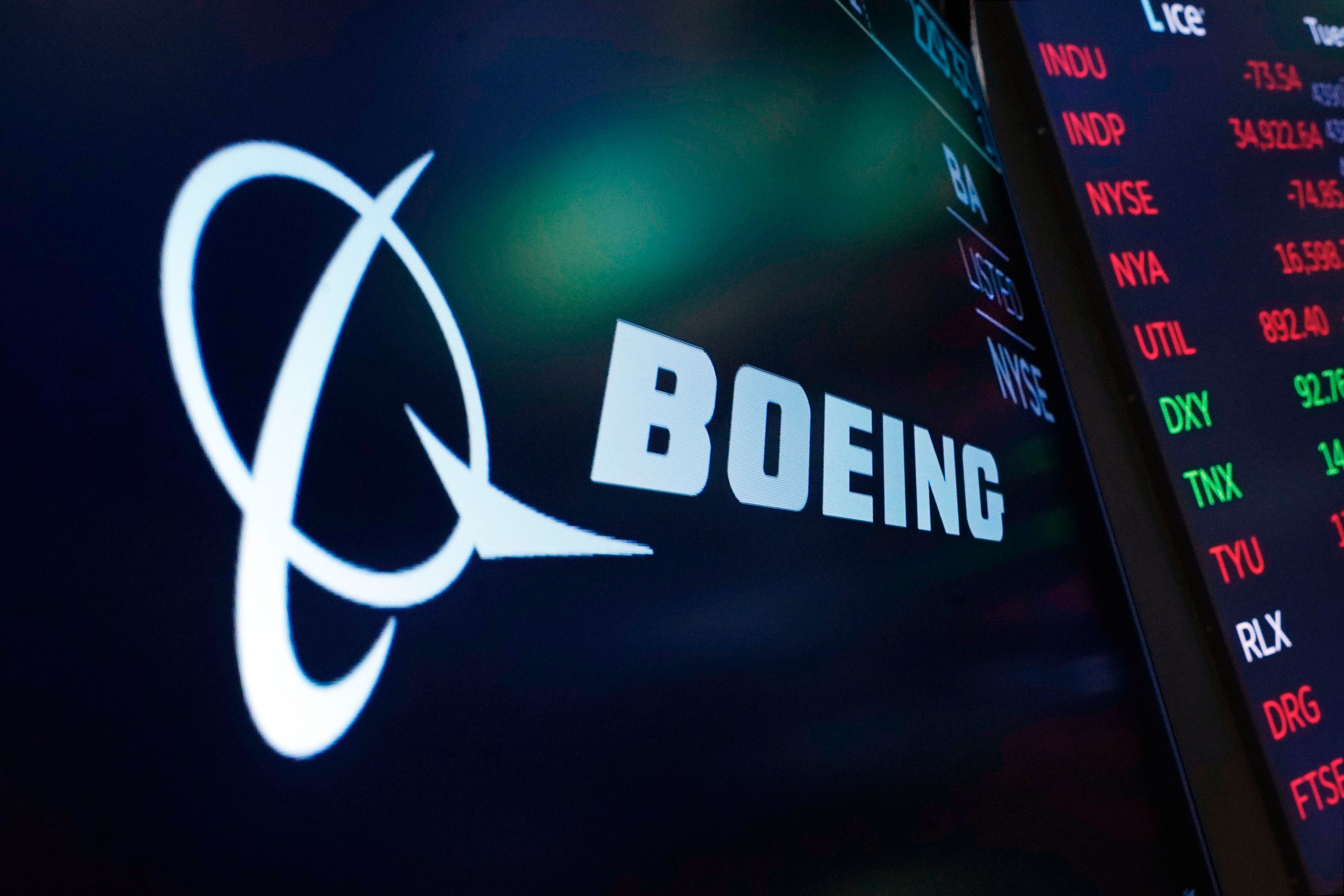Boeing locks out its private firefighters around Seattle over pay dispute
Boeing has locked out its private force of firefighters who protect its aircraft-manufacturing plants in the Seattle area and brought in replacements after the latest round of negotiations with the firefighters’ union failed to deliver an agreement on wages

Your support helps us to tell the story
From reproductive rights to climate change to Big Tech, The Independent is on the ground when the story is developing. Whether it's investigating the financials of Elon Musk's pro-Trump PAC or producing our latest documentary, 'The A Word', which shines a light on the American women fighting for reproductive rights, we know how important it is to parse out the facts from the messaging.
At such a critical moment in US history, we need reporters on the ground. Your donation allows us to keep sending journalists to speak to both sides of the story.
The Independent is trusted by Americans across the entire political spectrum. And unlike many other quality news outlets, we choose not to lock Americans out of our reporting and analysis with paywalls. We believe quality journalism should be available to everyone, paid for by those who can afford it.
Your support makes all the difference.Boeing has locked out its private force of firefighters who protect its aircraft-manufacturing plants in the Seattle area and brought in replacements after the latest round of negotiations with the firefighters' union failed to deliver an agreement on wages.
The company said Saturday that it locked out about 125 firefighters and a facility about 170 miles (275 kilometers) away in central Washington. The firefighters serve as first responders to fires and medical emergencies and can call in help from local fire departments.
“Despite extensive discussions through an impartial federal mediator, we did not reach an agreement with the union,” Boeing said in a statement. “We have now locked out members of the bargaining unit and fully implemented our contingency plan with highly qualified firefighters performing the work of (union) members.”
In a statement Saturday, the International Association of Firefighters union said Boeing’s lockout is intended to “punish, intimidate and coerce its firefighters into accepting a contract that undervalues their work.”
“Putting corporate greed over safety, Boeing has decided to lockout our members and the safety of the Washington facilities has been needlessly put at risk,” said Edward Kelly, the IAFF’s general president.
Boeing stressed that the lockout will have “no impact” on its operations.
The labor dispute comes as Boeing navigates mounting losses — more than $24 billion since the start of 2019 — and renewed scrutiny over quality and safety in its manufacturing since a door plug blew out of an Alaska Airlines Boeing 737 Max flying over Oregon in January.
Boeing and the union remain far apart in their negotiations, which have been going on for 2 1/2 months. Each side accuses the other of bad-faith negotiating.
The company, which is headquartered in Arlington, Virginia, said Saturday that its latest offer includes general annual wage increases and a new compensation structure for firefighters on a 24-hour shift schedule that would result in an average wage increase of about $21,000 a year. Boeing says firefighters were paid $91,000 on average last year.
The union, which argues Boeing has saved billions in insurance costs by employing its own on-site firefighters, has said it's seeking raises of 40% to 50%. Boeing's proposed pay increase would still leave crews earning 20% to 30% less than firefighters in the cities where Boeing plants are located, the union said.
A major sticking point is Boeing’s demand to make firefighters wait 19 years to hit top pay scale, up from 14 years. The union is proposing five years.